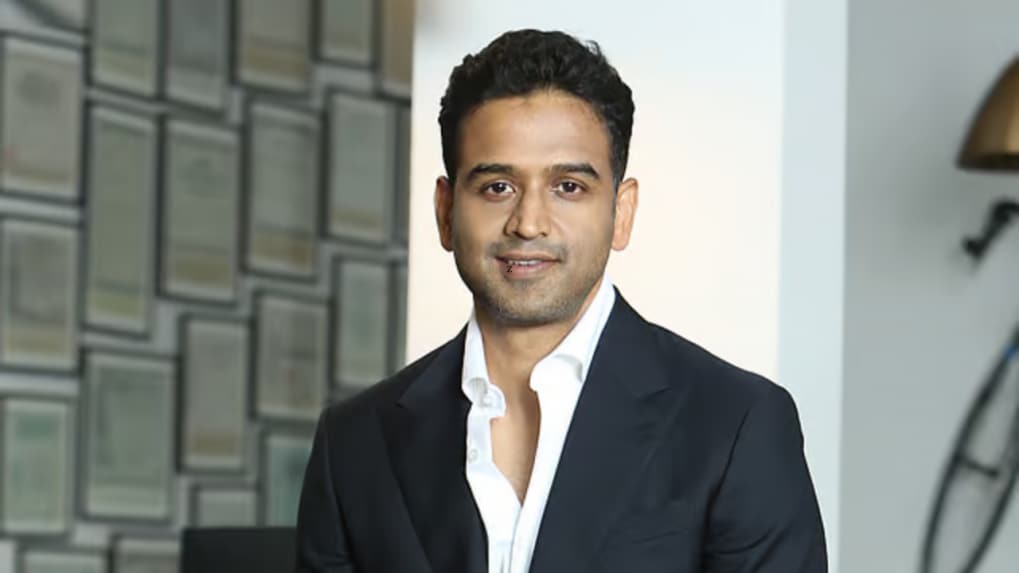Advertising
From Pink Slips to Silent Sidelining: Inside adland’s layoff and anxiety crisis

Zerodha founder and CEO Nithin Kamath has voiced serious concerns about how many mobile apps in India collect and misuse personal data without properly informing users or getting their consent.
Taking to social media platform X (formerly Twitter), Kamath said that most apps today are not only cluttered with spammy notifications and unnecessary messages but also use deceptive design tactics to confuse users. He went as far as to call some of them “scammy.” “Without your knowledge, numerous apps on your phone track and harvest extensive data,” he wrote. “Some even monitor what you do across other apps—not just their own. Your most personal data is being harvested without your consent and sold to companies for shady targeting purposes,” he said.
Kamath explained that this data is typically used for targeted advertising. By tracking user activity, companies can build detailed behavioural profiles and serve more personalised ads, which significantly boosts their advertising revenue. For many digital platforms, ads are the primary source of income—making data harvesting a lucrative strategy.
Some apps, he added, also exploit this data to design features that keep users engaged for longer periods, further increasing profits through in-app purchases or ad impressions.
Kamath’s warning comes at a time when India is inching towards stronger data protection regulations, as concerns grow over user privacy, digital consent, and the lack of transparency around how apps operate in the background.
From purpose-driven work and narrative-rich brand films to AI-enabled ideas and creator-led collaborations, the awards reflect the full spectrum of modern creativity.
Read MoreLooking ahead to the close of 2025 and into 2026, Sorrell sees technology platforms as the clear winners. He described them as “nation states in their own right”, with market capitalisations that exceed the GDPs of many countries.